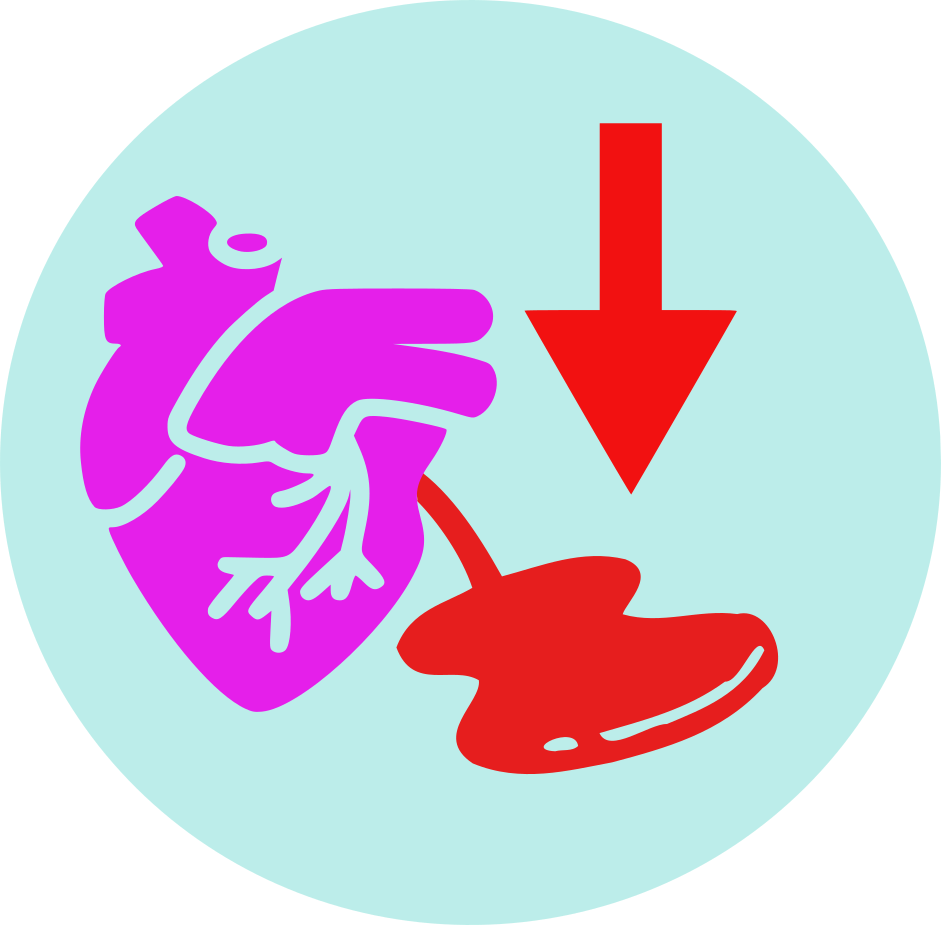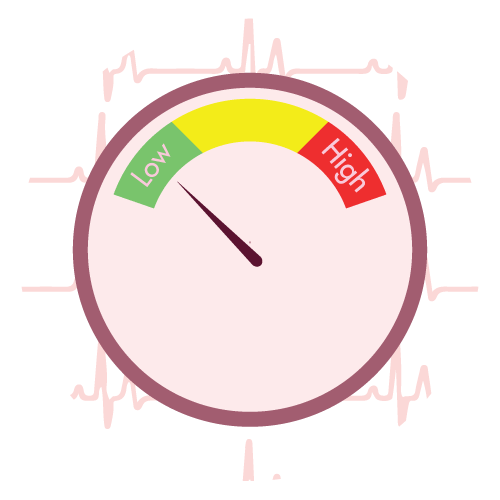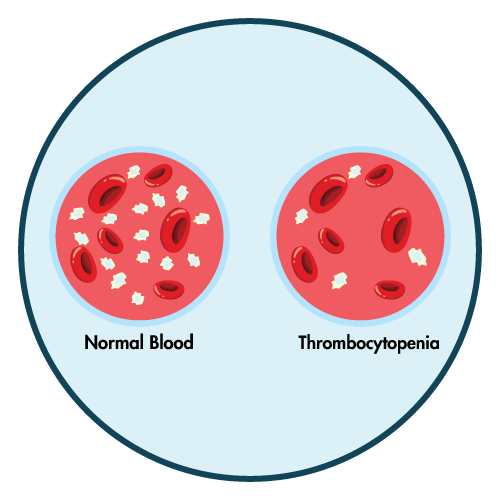| Name | Dextran 40 + Sodium Chloride |
| Classes |
Nutritional Supplement Electrolyte and Nutrient |
| Diseases |
Blood Disorder Dehydration Fluid Depletion Hypovolemic Shock Pulmonary Embolism |
Dextran 40 + Sodium Chloride
Dextran is a complex branched glucan (polysaccharide derived from the condensation of glucose). Dextran causes expansion of plasma volume. It is administered intravenously when there is sudden loss of dangerous amount of blood.
Sodium Chloride (NaCl) is a salt that dissociates to Na+ & Cl- ions in the plasma which are the major extracellular ions. Sodium chloride is essential to maintain fluid and electrolyte balance.
Dextran 40 + Sodium Chloride is indicated in the following cases-
- Hypovolemic shock
- Weakness
- Source of calorie when needed
- Thrombosis
- Pulmonary embolism
Intrauterine-
Aid in hysteroscopy:
- Adult: As dextran 70: 50-100 mL of a 32% solution instilled into the uterus as a rinsing and dilatation fluid.
Intravenous-
Thromboembolic disorders:
- Adult: As dextran 40: Initially, 500 ml of a 10% solution in sodium chloride 0.9% or glucose 5% infused over 4-6 hr, followed by 500 ml infused over 4-6 hr on the next and subsequent alternate days for not more than 10 days.
- Child: As dextran 40: Up to 5 ml/kg in infants and 10 ml/kg in children.
Intravenous-
Prophylaxis of pulmonary embolism or venous thrombosis in moderate- to high-risk patients undergoing surgery:
- Adult: As dextran 70: Initially, 500-1000 mL of a 6% solution in sodium chloride 0.9% or glucose 5% infused over 4-6 hr during or immediately after surgery, followed by 500 mL on the next day and on subsequent alternate days for up to 2 wk after surgery in high-risk patients.
Intravenous-
Prophylaxis of postoperative thromboembolic disorders:
- Adult: As dextran 40: 500 ml of a 10% solution in sodium chloride 0.9% or glucose 5% infused over 4-6 hr during or at the end of the surgery. Dose may be repeated the following day and treatment may be continued on alternate days for up to 10 days in high-risk patient.
- Child: As dextran 40: Up to 10 ml/kg in children.
Intravenous-
Hypovolemic shock:
- Adult: As dextran 40: Initially, 10 ml/kg given by rapid infusion as a 10% solution in sodium chloride 0.9% or glucose 5%. Doses may be given daily for up to 5 days.
- As dextran 70: Initially, 500-1000 mL of a 6% solution in sodium chloride 0.9% or glucose 5% infused at a rate of 20-40 mL/min. Maintenance: 10 ml/kg/day for3 days (Dextran 70)
Following side effects may appear-
- Congestive heart failure
- Mild hypotension
- Tightness of chest
- Thrombocytopenia
- Anaphylaxis
- Injection site infection/phlebitis
- Acute renal failure
- Acidosis (if NaCI soln used)
- Pulmonary edema
- Wheezing
Caution should be exercised in-
- Patients with or at risk of heart failure; active haemorrhage, diabetes mellitus, chronic liver failure, risk of pulmonary oedema.
- Renal and hepatic impairment. Pregnancy and lactation.
Correct dehydration prior to administration.
Not intended as a replacement for whole blood or blood components.
Contraindication
Hypersensitivity to dextran or corn containing products.
None known.
None known.
 Bangla
Bangla English
English





